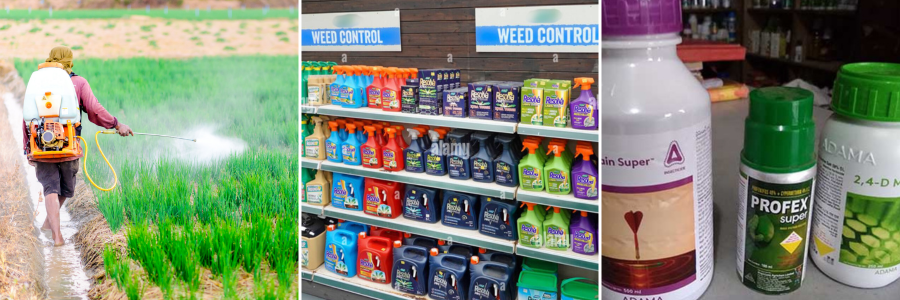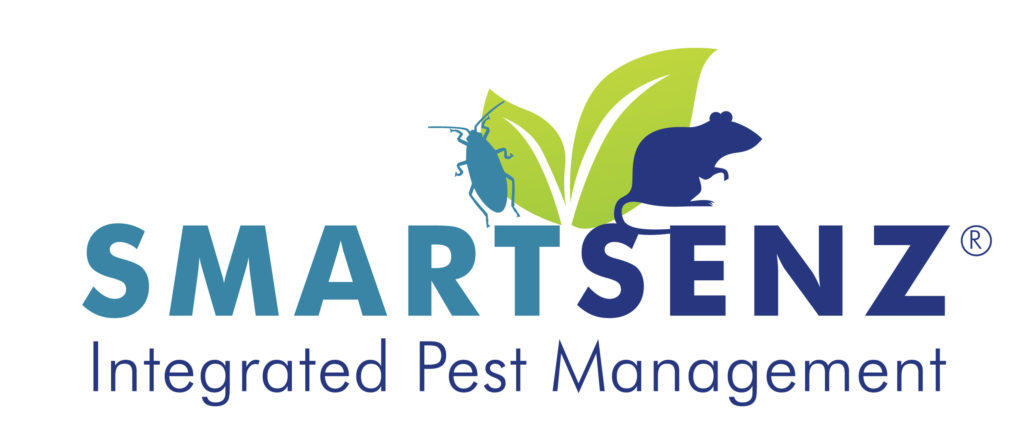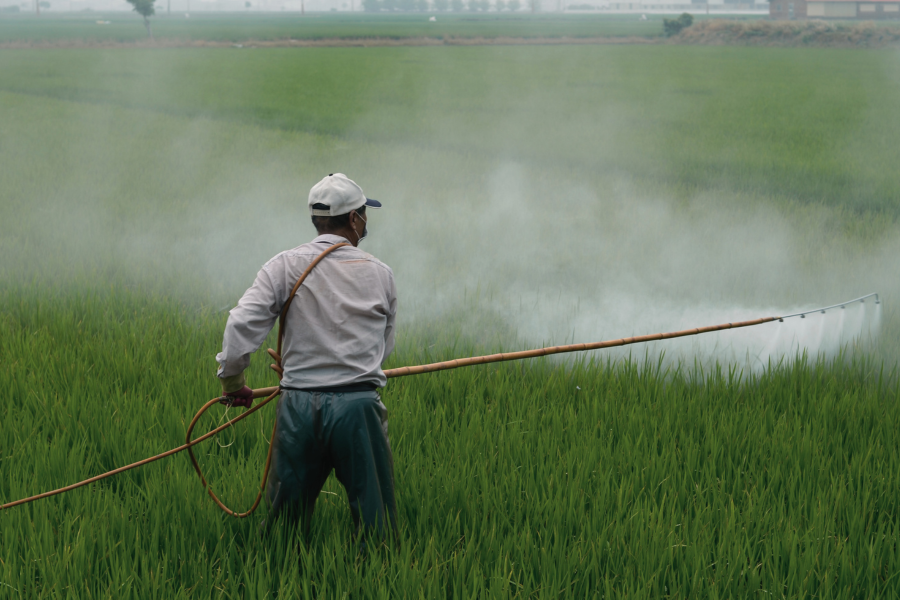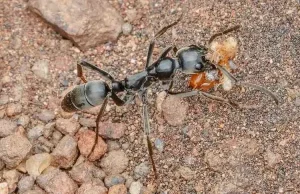For years, the conversation surrounding South Africa’s pesticide legislation has been ongoing, sparking debates and discussions across various platforms.
In this article, we delve into published articles on South Africa’s pesticide legislation.
As we aim to provide educational insights, our goal is to empower consumers to make informed decisions when engaging with companies that utilise hazardous pesticides, emphasising the importance of prioritising safety and sustainability.
Many pesticides banned in the European Union are used in South African agriculture.
In an article published by GroundUp, Liezl Human writes: “South Africa’s regulations on agricultural pesticides are “ancient,” according to a public health specialist. Many of the active ingredients in pesticides still used on local crops have already been banned in the European Union (EU) because of the danger they pose to farm workers, consumers and the environment.”
Leslie London, head of the Division of Public Health Medicine at the University of Cape Town, says the weed killer, glyphosate, widely used in South Africa but banned in some EU countries, can be bought in gardening stores that stock herbicides.

Figure 1: Members of the Women On Farms Project marched in Worcester on May 5, 2022, demanding an urgent ban on 67 pesticides. Archive photo: Ashraf Hendricks
Click here to read the full article.
Adolescent Pesticide Fatalities:
It’s no secret that pesticides can be extremely dangerous to humans, and the fact that anyone, including children, has access to pesticides over the counter, is a general concern.
In a study published by BMC Health in 2023, A retrospective study design was adopted to identify pediatric cases (< 18 years of age) of acute fatal pesticide poisoning admitted to SRM between January 1, 2010 and December 31, 2019.
In their study, they found that out of 5,181 paediatric unnatural deaths admitted over the 10-year period, 54 (1%) paediatric pesticide deaths were identified.
Toxicological analysis was requested in 50 cases, with the organophosphate pesticides terbufos, methamidophos and diazinon detected most frequently.
“Terbufos and methamidophos are highly hazardous pesticide (HHP) active ingredients registered in South Africa for agricultural uses, yet commonly sold as street pesticides for domestic use in lower socioeconomic areas.”
Click here to read the full study

Stakeholders agree that South Africa’s pesticide laws need updating to align with current scientific knowledge and best practices.
As discussions on pesticide regulation progress, it’s evident that comprehensive action is essential to protecting human health and the environment.
Addressing legislative shortcomings and adopting innovative pest management strategies can lead to a more sustainable agricultural sector in South Africa
If you want to take the first step in becoming more eco-conscious in your business or find out more about eco-conscious pest management, click here to get a free pest survey for your home or business, or contact us today for assistance with a tailored pest management plan.





